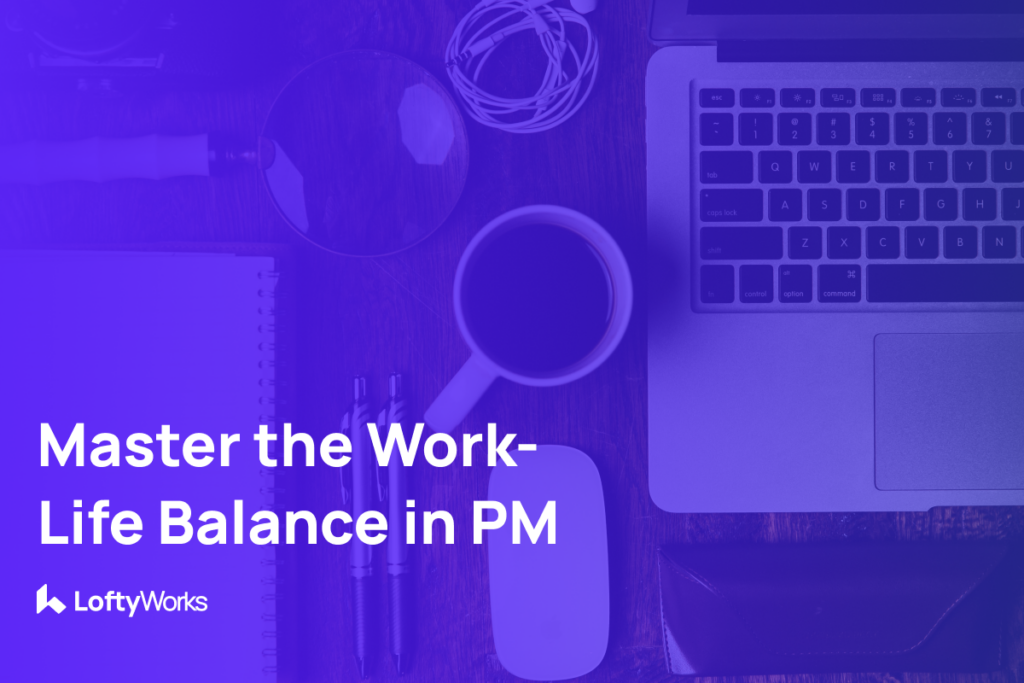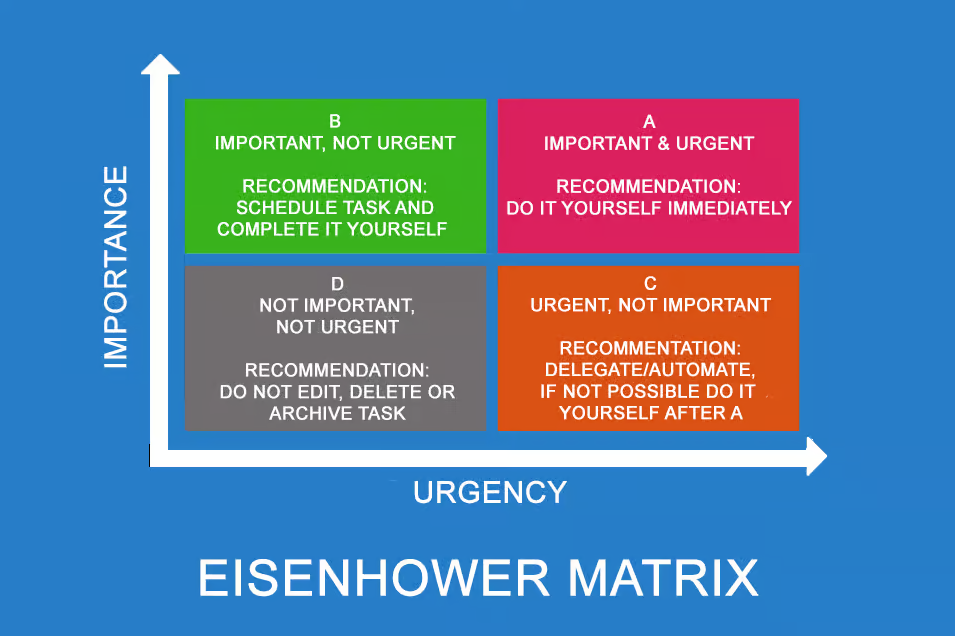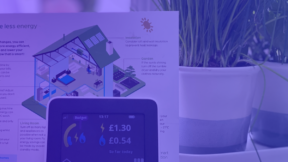Work-Life Balancing in Property Management

In the fast-paced world of property management, it’s all too easy to get caught up in the demands of the job, leaving little time for personal interests and hobbies. But, achieving a healthy work-life balance is not only essential for our well-being but also crucial for sustaining long-term success in our careers. In this article, we’ll explore some effective strategies for property managers to reconnect with their passions and strike a harmonious balance between work and personal life.
Embrace Time Management Techniques
One of the first steps towards achieving a better work-life balance is mastering the art of time management. Property managers often juggle multiple tasks simultaneously, from overseeing property maintenance to addressing tenant concerns. By implementing effective time management techniques, such as creating to-do lists, setting priorities, and utilising productivity tools like calendar apps or project management software, property managers can optimise their workflow and allocate time more efficiently.
8 Most Useful Techniques of Time Management for Property Managers:
- Prioritisation: Identify tasks based on their urgency and importance using frameworks like the Eisenhower Matrix (categorising tasks as urgent, important, not urgent, or not important). Focus on completing high-priority tasks first to ensure critical objectives are met.
- To-Do Lists: Create daily or weekly to-do lists outlining tasks and deadlines. Break larger projects into smaller, actionable steps to make them more manageable. Crossing off completed tasks provides a sense of accomplishment and helps maintain focus.
- Time Blocking: Allocate specific time blocks for different activities or types of tasks throughout the day. This technique helps in maintaining focus and prevents multitasking by dedicating uninterrupted periods to individual tasks or projects.
- Pomodoro Technique: Work in short, focused bursts (typically 25 minutes) followed by a short break (5 minutes). After completing four Pomodoro sessions, take a longer break (15-30 minutes). This method helps maintain concentration and productivity while preventing burnout.
- Set SMART Goals: Establish Specific, Measurable, Achievable, Relevant, and Time-bound goals to guide your activities. Clear objectives provide direction and motivation, making it easier to prioritise tasks and allocate time effectively.
- Limit Distractions: Minimise interruptions and distractions by turning off notifications, setting boundaries with colleagues or family members, and creating a conducive work environment. Consider using productivity tools or browser extensions to block distracting websites or apps during focused work sessions.
- Batching Similar Tasks: Group similar tasks together and complete them consecutively. For example, dedicate specific times of the day to checking and responding to emails, making phone calls, or attending meetings. Batching tasks reduces context switching and improves efficiency.
- Regular Reviews and Reflections: Conduct regular reviews of your progress and adjust your approach as needed. Reflect on your productivity habits, identify areas for improvement, and celebrate successes. Continuous improvement is key to refining your time management skills over time.
Prioritise Your Tasks Wisely
Not all tasks are created equal, and it’s essential to differentiate between urgent, important, and non-essential responsibilities. Prioritising tasks based on their significance allows property managers to focus their time and energy on activities that directly contribute to their professional goals and overall job satisfaction. Delegate or eliminate tasks that do not align with your priorities, freeing up more time for activities that bring you joy outside of work. Read more about Eisenhower matrix of task importance by clicking the image below:

Set Boundaries and Learn to Say No
It’s easy to fall into the trap of being constantly on call. However, setting boundaries is crucial for preserving your mental health and preventing burnout. Establish clear boundaries between work and personal life by setting specific work hours, designating times when you will not be available for work-related communication, and learning to say no to additional responsibilities that encroach on your time.
Delegate and Outsource Non-Essential Tasks
Property managers often wear many hats, but that doesn’t mean they must do everything themselves. Delegating non-essential tasks to trusted team members or outsourcing certain responsibilities to third-party vendors can lighten your workload and free up valuable time for activities outside of work. Whether hiring a property maintenance company to handle repairs or enlisting the help of a virtual assistant for administrative tasks, embracing delegation and outsourcing can help you reclaim your time and focus on what matters most to you.
Make Time for Your Passions and Interests

Finally, don’t forget to prioritise activities that bring you joy and fulfillment outside of work. Whether it’s spending time with loved ones, pursuing a hobby, or simply taking time to relax and recharge, carving out time for your passions is essential for maintaining a healthy work-life balance. Schedule regular breaks and downtime into your routine, and make a conscious effort to disconnect from work during these periods. Remember that your personal well-being is just as important as your professional success.
Achieving a healthy work-life balance is not an unattainable goal but rather a journey that requires intentionality, discipline, and self-awareness. By implementing the strategies outlined above, property managers can create a more balanced and fulfilling lifestyle that allows them to excel in their careers while still making time for the things they love outside of work.
Contact our team today to organise professional help with your property management tasks and free some time for yourselves.


